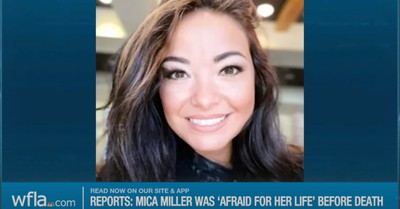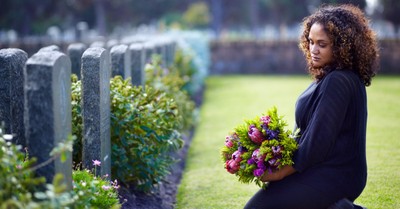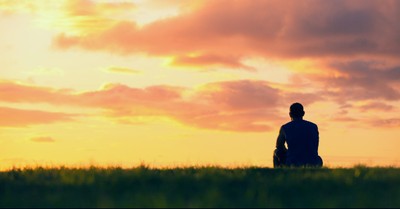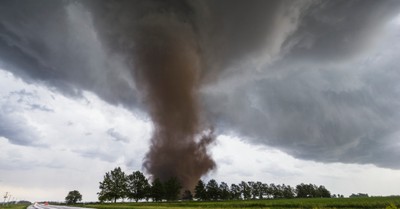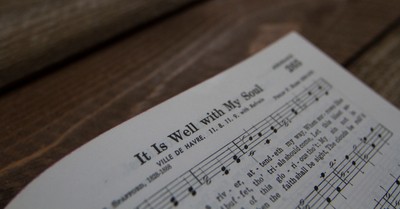When Firefighters Fall, Chaplains Stand
-
Adelle M. Banks Religious persecution, missions, Christianity around the world
- Updated Jul 03, 2013
Photo: The practice session for the West memorial service on April 23, 2013, at Baylor University (RNS, courtesy Wendy Norris)
(RNS) -- As friends and families reel from the news that 19 elite firefighters died battling an Arizona wildfire Sunday (June 30), the work of some of their spiritual comrades has just begun. Fire chaplains are stepping up to support the grieving, just as they did after 9/11 and the recent fertilizer plant explosion in West, Texas.
“What we do is we come alongside the survivors,” said Chaplain Jimmie Duncan, president of the Texas Corps of Fire Chaplains. “Sometimes we’re quiet. Sometimes we hug them. Sometimes we pray. … We just stand there with them and try to meet their needs and walk alongside them through the darkest part of their lives.”
Duncan is the associate director of the South Central Region of the 700-member Federation of Fire Chaplains. About half of the chaplains in the federation are ministers, and half are firefighters who have trained to become chaplains. Their everyday duties are similar to that of other pastors — visiting sick firefighters, providing basic counseling and praying at civic events and fire department ceremonies.
But officially notifying a loved one who just lost a firefighter is “absolutely one of the toughest things we ever do,” said Duncan, who spoke at the April memorial service for the West firefighters and sat next to first lady Michelle Obama.
“Not only do we have to tell them that their loved one was dead but we weren’t able to do anything to prevent that. It’s very tough for us as firefighters to have that to do.”
Duncan, who conducted a funeral for a West firefighter who did not have a pastor, said some of the fire chaplain’s most important work comes after the funeral.
“It’s that point in time when a fire chaplain, if he truly understands what his job is, he should continue to make contact and remind those people that there is still someone who cares and that they are not abandoned and to offer hope,” he said.
Wendy Norris, executive director of the Texas Line of Duty Death Task Force, said the period after the funeral is known among fire chaplains as “the Tuesday morning effect.”
It’s when everybody leaves — funeral-goers, out-of-town family members, the media.
“It’s kind of when everybody stops focusing on that particular incident and that is really a hard, hard time for those families,” she said.
Chaplains are there to make referrals to experts for help in filling out the paperwork for wills and other personal matters that come up in the days and months afterwards.
Norris said long-term support is a necessity, especially at poignant times like high school graduations where a firefighting parent won’t be there to celebrate.
“There are quite a few needs, and they change depending on the dynamic of the family,” she said. “Often, our chaplains are used for years after an incident occurs.”
Norris, a firefighter who started her organization after a roof collapsed on her during a fire, said she and other chaplains encourage families to “come up with an idea of how they can help another person and turn something bad into good.”
Duncan said chaplains do the same with surviving firefighters, helping them find a new project or a mentor who can help them work through their grief. But he said it’s also important to encourage survivors to share their stories of how their comrades died as they fought their last fire together.
“We can all learn who they were and just the life stories as well as the lessons we can learn as firefighters,” said Duncan. “Every one of us wants to go home when it’s time to go home. Not any one of us … would say, ‘No, I’d just as soon die here.’”
c. 2013 Religion News Service. Used with permission.
Publication date: July 3, 2013









